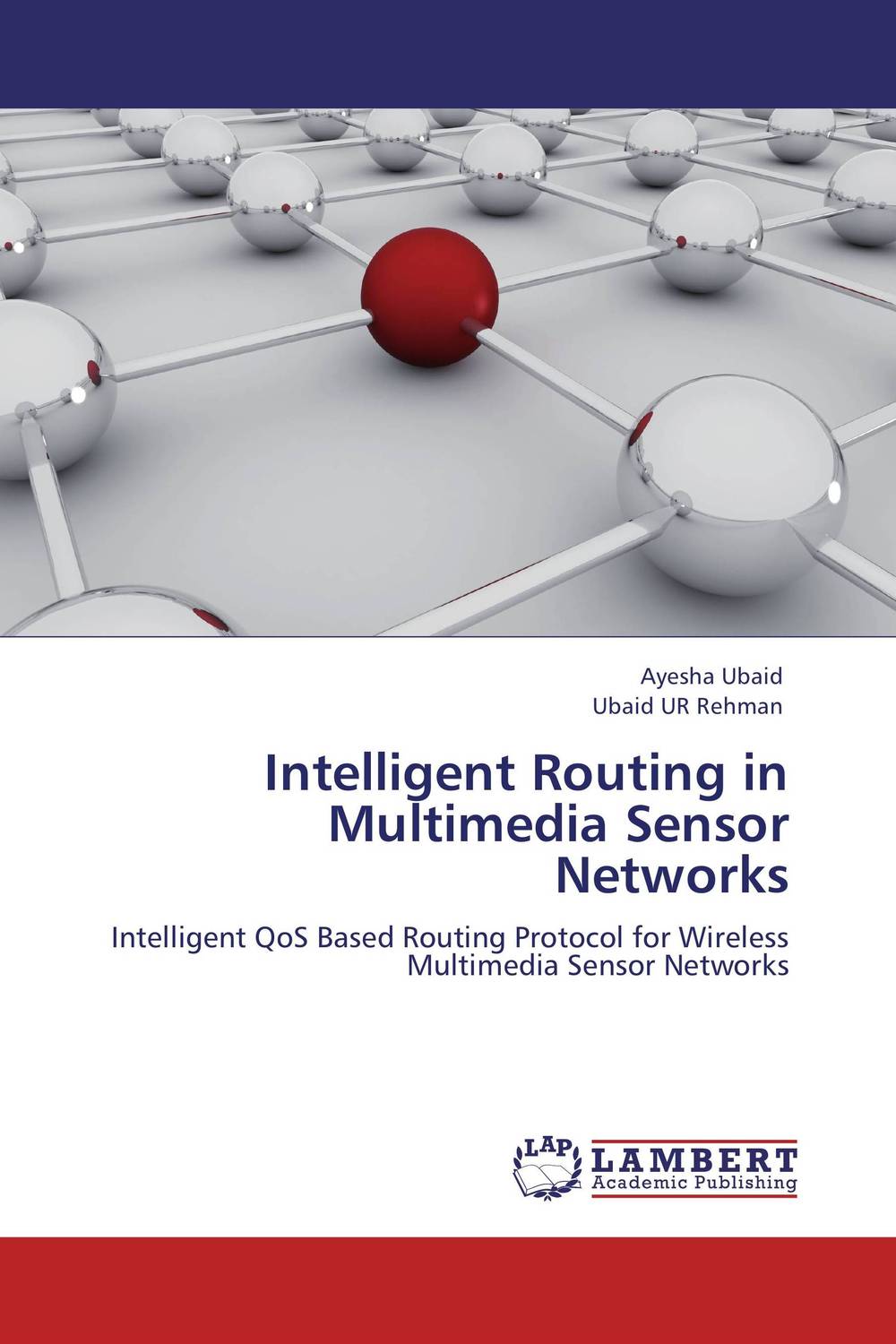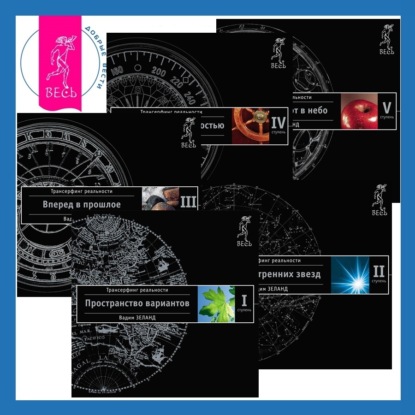Wireless Multimedia Sensor Networks (WMSNs) are a new and emerging type of sensor networks in which sensor nodes are equipped with cameras, microphones, and sensors producing both scalar and multimedia content. Multimedia data require un-interrupted data transmission, greater bandwidth, memory, power and low latency. Routing of data in a resource constrained network is a major issue in WMSNs. Paths in WSNs routing protocols are established based on min hops, max available power and low latency etc. In WMSNs, routing protocols are required to route large multimedia data as compared to scalar data in WSNs. Also, low latency and efficient bandwidth utilization is required in WMSNs. Therefore, routing protocols need to select disjoint paths or multi-paths for information delivery. The routing protocols used for routing multimedia content over sensor networks are discussed. The authors have provided readers with an intelligent routing protocol that establishes paths on the basis of traffic load, hop count and node energy. The protocol aims to find completely or partially disjoint paths for routing multimedia traffic with relatively minimum distance. Это и многое другое вы найдете в книге Intelligent Routing in Multimedia Sensor Networks
Intelligent Routing in Multimedia Sensor Networks (книга)
Подробная информация о книге «Intelligent Routing in Multimedia Sensor Networks ». Сайт не предоставляет возможности читать онлайн или скачать бесплатно книгу «Intelligent Routing in Multimedia Sensor Networks »















